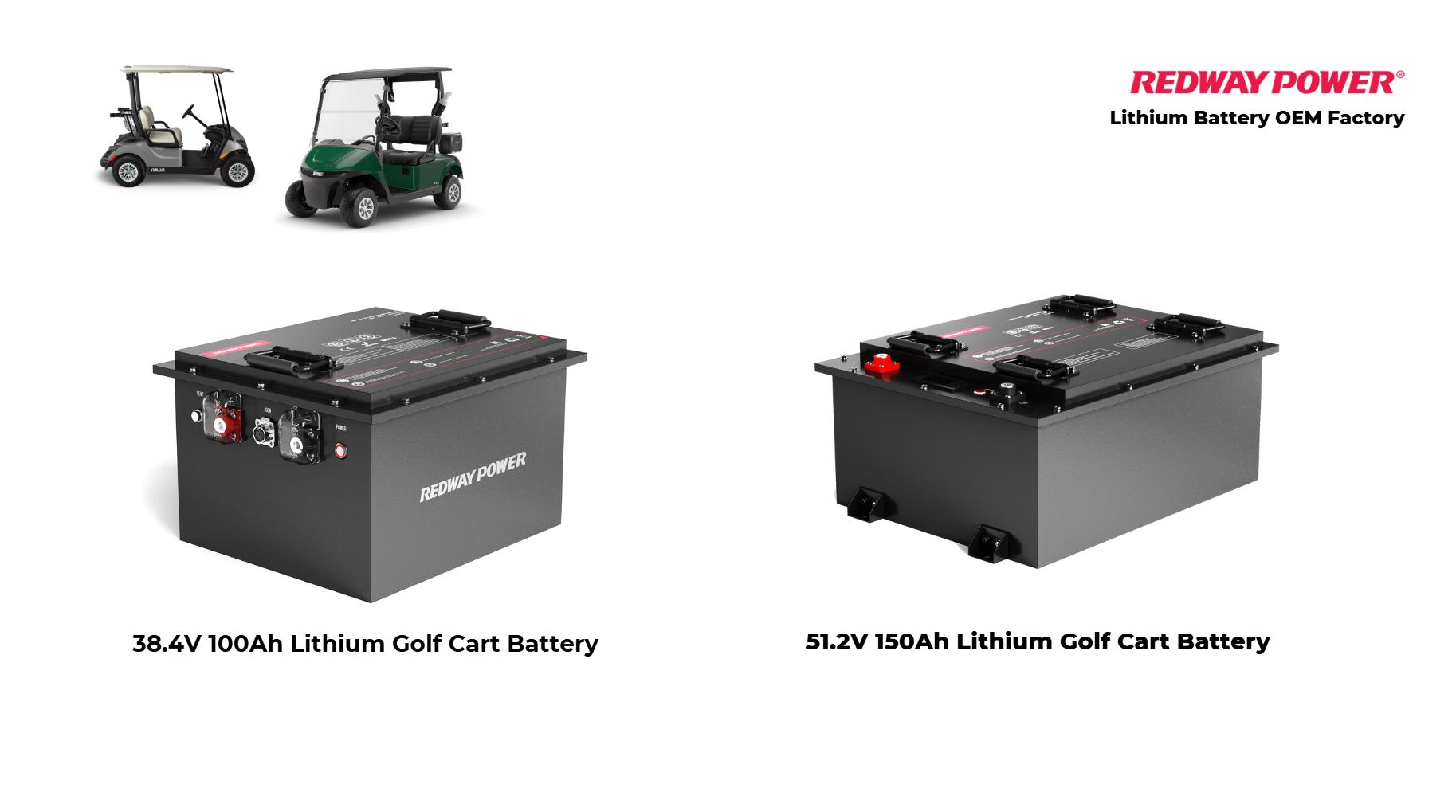
How to Choose the Best Golf Cart Battery
Choosing the best golf cart battery involves understanding the various types available, their performance characteristics, and maintenance needs. The main types of golf cart batteries include lead-acid, AGM, and lithium-ion, each with unique advantages. Selecting the right battery ensures optimal performance and longevity for your golf cart.
What are the different types of golf cart batteries?
Golf cart batteries primarily fall into three categories: lead-acid, AGM (Absorbed Glass Mat), and lithium-ion.
- Lead-Acid Batteries: These are the most common and cost-effective option, ideal for budget-conscious users. They require regular maintenance, including water refills.
- AGM Batteries: A more advanced version of lead-acid batteries, AGM batteries are sealed and maintenance-free. They provide better performance but at a higher price.
- Lithium-Ion Batteries: Known for their longevity and efficiency, lithium-ion batteries offer superior performance and require no maintenance, making them a popular choice despite their higher upfront cost.
Chart: Comparison of Battery Types
| Type | Cost Range | Lifespan | Maintenance |
|---|---|---|---|
| Lead-Acid | $100 – $300 | 3 – 5 years | Requires water |
| AGM | $200 – $500 | 4 – 7 years | Maintenance-free |
| Lithium-Ion | $1,000 – $2,500 | 10+ years | Maintenance-free |
How do performance and longevity compare among battery types?
Performance varies significantly among battery types. Lithium-ion batteries provide consistent power output throughout their discharge cycle, while lead-acid batteries experience voltage sag as they deplete. In terms of longevity, lithium-ion batteries typically last 4 to 6 times longer than lead-acid options.Chart: Performance Metrics
| Metric | Lead-Acid | AGM | Lithium-Ion |
|---|---|---|---|
| Voltage Stability | Decreases with use | Stable until depletion | Stable throughout use |
| Weight | Heaviest | Moderate | Lightest |
| Cycle Life | 300 – 500 cycles | 500 – 800 cycles | 2,000 – 5,000 cycles |
Why is ease of use important when selecting a golf cart battery?
Ease of use is crucial because it affects how often you will have to maintain your battery. Lithium-ion batteries require no maintenance beyond charging, while lead-acid batteries need regular water checks and refills. AGM batteries also eliminate the hassle of maintenance but can be more sensitive to overcharging.
What voltage do you need for your golf cart?
Golf carts typically operate on either 36V or 48V systems. The voltage determines how many batteries you will need:
- For a 36V system, you usually require six 6V batteries or four 12V batteries.
- For a 48V system, you generally need eight 6V batteries or six 8V batteries.
How do you determine the right amperage for your needs?
Amperage indicates how much power your battery can deliver while in use. To determine the right amperage:
- Assess your typical usage patterns (distance and duration).
- Choose a battery with sufficient capacity (measured in amp-hours) to meet these demands without frequent recharging.
What are the maintenance requirements for golf cart batteries?
Maintenance varies by battery type:
- Lead-Acid: Requires regular checks on electrolyte levels; distilled water should be added as needed.
- AGM: Generally maintenance-free but should be checked periodically for corrosion.
- Lithium-Ion: No maintenance required; just ensure proper charging practices.
How long can you expect a golf cart battery to last?
The lifespan of a golf cart battery depends on its type and usage:
- Lead-acid batteries typically last about 3 to 5 years.
- AGM batteries can last between 4 to 7 years.
- Lithium-ion batteries often exceed 10 years, making them a worthwhile investment despite their higher initial cost.
What are the best brands of golf cart batteries available?
Some top brands recognized for their quality include:
- Trojan: Known for durability and long life.
- Interstate: Offers reliable performance across various models.
- Exide: Provides both lead-acid and AGM options with solid warranties.
Industrial News
The demand for lithium-ion batteries in golf carts is rising due to their efficiency and reduced maintenance needs. Recent innovations in battery technology have led to lighter designs that improve overall performance while extending lifespan. As electric vehicles gain popularity, manufacturers are focusing on enhancing battery technology to meet consumer expectations for reliability and sustainability.
LiFePO4 Battery Expert Views
“Investing in lithium-ion technology is not just about immediate savings; it’s about long-term value,” says Jane Smith, a battery technology expert. “While the upfront costs may be higher, the reduced maintenance requirements and longer lifespan make lithium-ion an attractive choice for serious golfers.”
FAQ Section
Q: What type of battery is best for my golf cart?
A: Lithium-ion batteries are generally considered the best due to their longevity and low maintenance needs, though lead-acid options are more affordable initially.Q: How many batteries do I need for my golf cart?
A: It depends on your cart’s voltage; typically, you’ll need between three to twelve batteries depending on whether it’s a 36V or 48V system.Q: How often should I charge my golf cart battery?
A: It’s recommended to charge your battery after each use or when it drops below 50% capacity to prolong its lifespan.Q: Can I replace lead-acid batteries with lithium-ion?
A: Yes, but ensure that your charger is compatible with lithium technology before making the switch.
